Blog
Common Interview Questions You Don’t Have to Answer
In California, job applicants have rights designed to protect them from discrimination and privacy invasion during the interview process. Consequently, there are questions that potential employers should not ask due to their irrelevance to a candidate’s ability to perform job duties or because they could lead towards discriminatory hiring practices. Understanding which questions you’re not required to answer will empower you when attending interviews.
Health and Disability
Interview questions about your health, medical history, or any disability fall into a gray area. In California, the Fair Employment and Housing Act (FEHA) makes it illegal for an employer to ask job applicants about their disability or medical conditions that are not directly job-related.
If faced with a questionable health inquiry, it’s crucial to assess whether the question might be a legitimate job requirement
For instance, if the position involves heavy lifting, the interviewer might ask if you can perform such tasks with or without accommodation. However, questions about recent hospitalizations or past illnesses, unless they relate to your ability to perform the job, are off-limits.
Race, Gender, and Sexuality
An interviewer should never ask about your race, gender identity, or sexual orientation in any professional setting. These topics have no bearing on one’s ability to perform a job, and any such questions typically signal illegal discriminatory practices. Under the FEHA, it’s unlawful for an employer to make employment decisions based on an employee’s or job applicant’s actual or perceived race, gender, or sexuality. In the event you have been discriminated against for your race, gender or sexuality during an interview, contact our discrimination lawyers in San Diego. We will fight for your rights.
Family Planning
An applicant’s family intentions, such as plans for pregnancy or arrangements for childcare, are strictly private and not the business of a potential employer. California law protects job applicants from these types of intrusive inquiries, as they can be used to discriminate against women, in particular.
Marital Status
California employers also cannot ask about whether you are married, single, divorced, or widowed, nor about the details of your spouse’s employment. Employers that do ask such questions demonstrate either a lack of knowledge of the law or a casual approach to discriminatory hiring practices.
Criminal Record
Questions regarding an applicant’s criminal history have been a contentious issue, often leading to unfair employment opportunity denials for many. California’s ‘ban-the-box’ law prohibits employers from asking about criminal history on job applications before making a conditional offer of employment.
The Fair Chance Act, which went into effect on January 1, 2018, is a California law that generally prohibits employers with five or more employees from asking about your conviction history before making you a job offer. This type of law is also known as a “Ban the Box” law.
The primary goal is to level the playing field for individuals with prior convictions, allowing them to showcase their qualifications and skills first, without being automatically disqualified based on their criminal record.
Responding to Inappropriate Questions
There’s a skill in refusing to answer an illegal question in an interview while maintaining a professional demeanor. One effective strategy is to pivot the conversation back to your qualifications
For instance, if an interviewer inquires about your marital status, a reply such as, “My personal life is private, but I’m committed to this job and believe my skills and experience make me a strong fit for this position,” can underscore the breach of questioning while highlighting your professionalism.
Reporting Discrimination: Your Next Steps
Recognizing illegal interview questions and responding to them in the moment is one thing; knowing what to do about them after is another. If you’ve faced inappropriate inquiries, you always have the right to report the discrimination. Whether through the Equal Employment Opportunity Commission (EEOC) or the California Department of Fair Employment and Housing (DFEH), lodging a complaint is a possible next step in holding discriminatory employers accountable.
Seeking Legal Counsel
If you’ve experienced discrimination in an interview, it’s essential to consult with an employment law lawyer in San Diego who understands the nuances of California’s employment laws. A lawyer can guide you through the process of reporting the discriminatory behavior and pursuing legal action if necessary.
For help or if you have questions, contact us today to schedule a free consultation.

